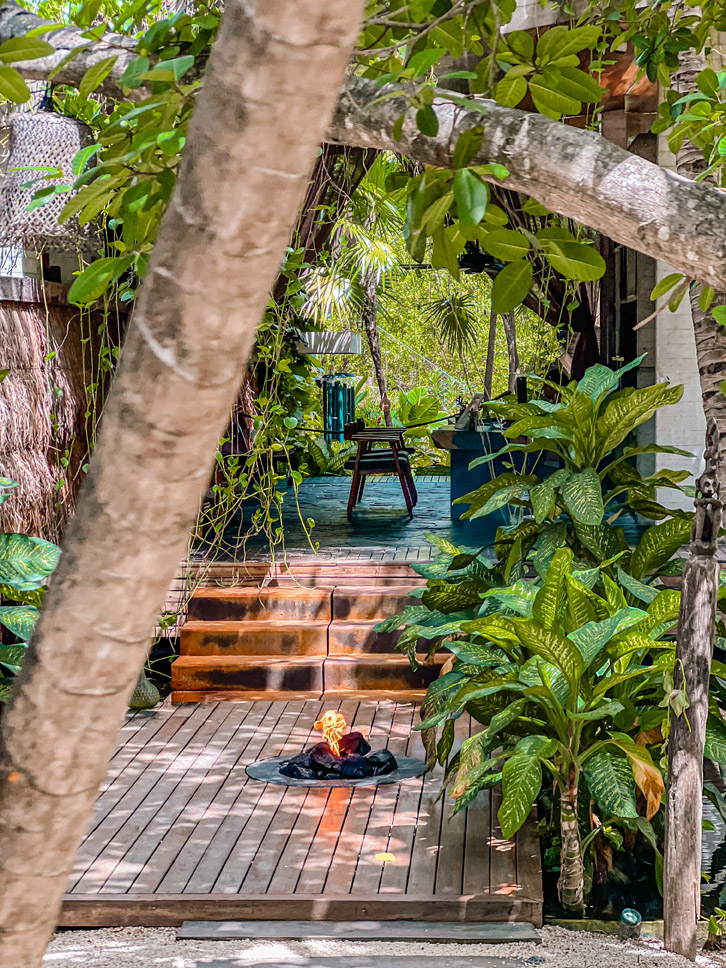Mexico, apart from being a beautiful country, is also a very attractive place for real estate investment. And currently, the most important one for foreigners is a residential investment.
To achieve this, the foreign investor has two options: whether to do it in a restricted or unrestricted zone.

The Mexican federal government established a restricted zone for foreign residential investment, in order to protect its 11,522 kilometers of coastline along the Pacific Ocean, Sea of Cortez, Gulf of Mexico, and the Caribbean Sea. As well as its 4,403 kilometers of border that shares with the USA (3,169 km), Guatemala (956 km) and Belize (278.6 km).
The restricted zone is a straight strip of 50 kilometers from the coast inland and 100 kilometers from the border inland.
In the restricted zone, the foreign investor can invest through a Bank Trust. A legal tool in which the individual entrusts the domain (ownership) and the administration of the property he/she acquires, to a bank.

Through a residential bank trust, the fiduciary institution (the bank) will own and manage the property, having you as the sole beneficiary or beneficiaries of the estate.
As a beneficiary, the property can only be sold or transferred with your letter of instruction. So, in this case, it is the same as full ownership. A permit is required to set up a residential bank trust. That is the first step we take. When we apply for this permit, we also designate a substitute beneficiary, who, in the unfortunate event of your decease, would instantly become the new beneficiary.

This is an advantage over ordinary ownership, where an heirship trial must always follow. A bank trust lasts up to 50 years, renewable an unlimited number of times if desired. Property taxes are paid directly by the beneficiary to the Municipality of Tulum, but you will have a fixed annual bank trust fee to the bank of approximately 500 USD. This includes the bank administration, and this makes the property unseizable if it comes to any legal dispute that may arise in your personal life.
It is structured by means of a deed before a notary and registered in the Public Registry of Property and Commerce. Which is the institution that gives legal security to all real estate businesses.





